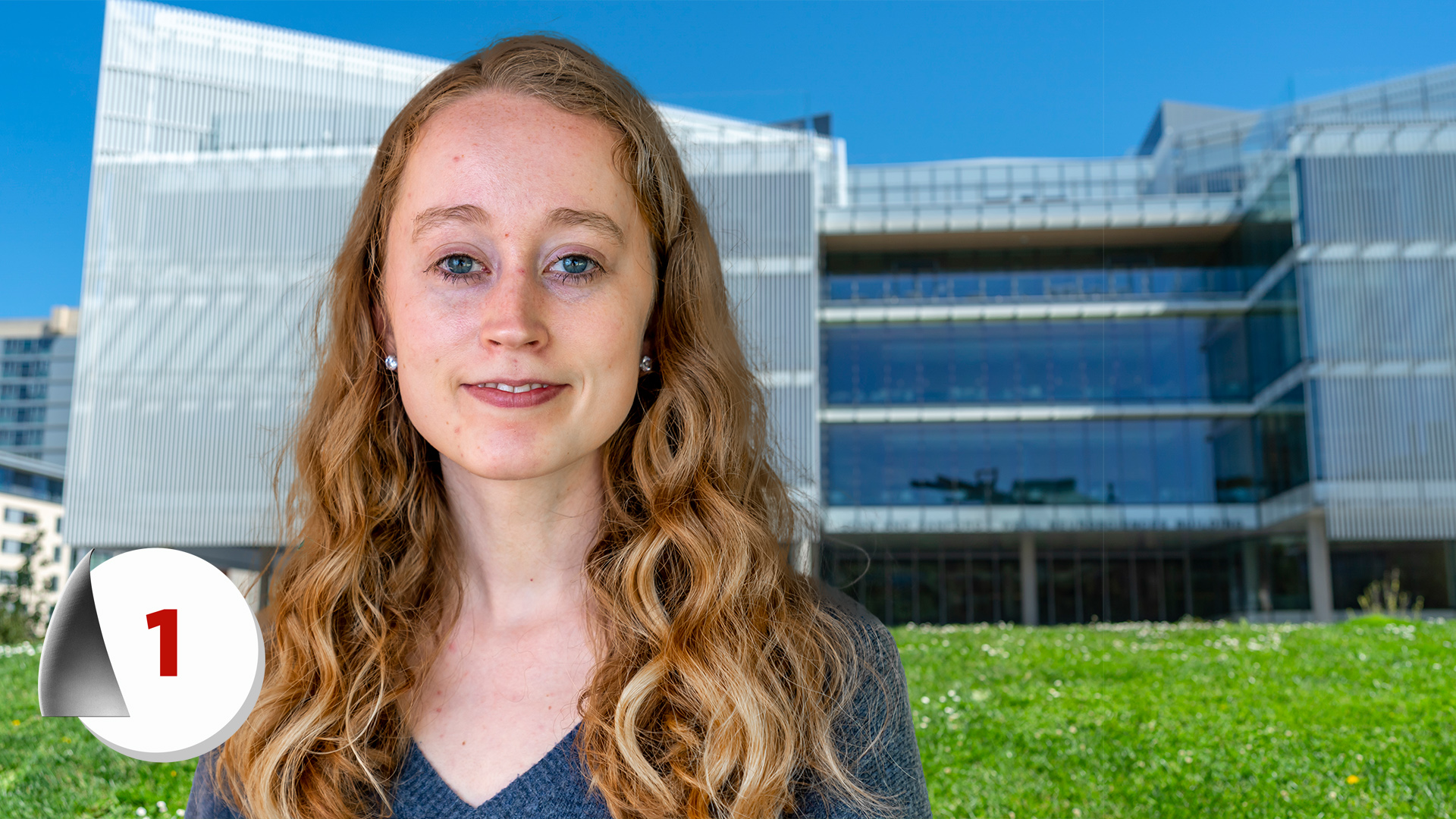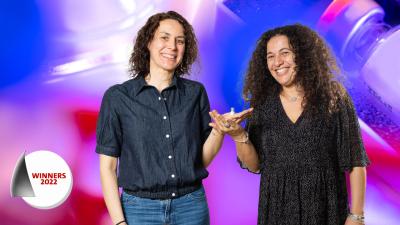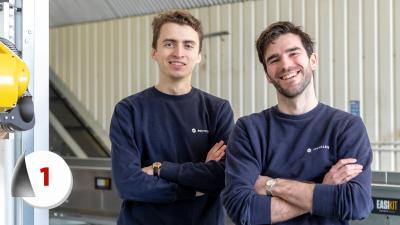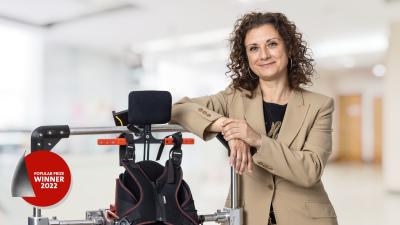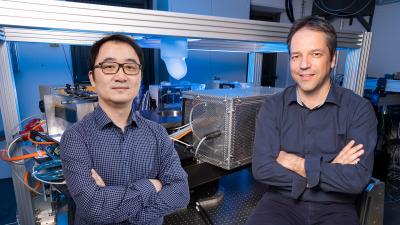Erin Smith
AI brings earlier care to new Parkinson's patients
1st place of the Young Inventors prize 2022
When Erin Smith was a child, her mother encouraged an interest in science, even turning the family kitchen into a makeshift laboratory. Later, shortly after starting high school, inquisitive young Smith watched a YouTube video of Michael J. Fox, a high-profile Parkinson's patient who showed the facial expression trait known as "mask face". She began to question whether facial expressions could be analysed to monitor changes in the brain. Smith learned to code and began working on what would later become FacePrint, an AI-powered application that records facial expressions and uses computer vision to accurately detect minute indicators of early-onset Parkinson's.
The computer vision algorithms are trained to interpret video data of Parkinson's patients and healthy people making facial expressions. As a result, FacePrint can detect Parkinson's with 95% accuracy and objectively capture and digitise changes that occur five to ten years before diagnosis based on traditional motor symptoms. Additionally, Smith and her team have focused on building an inclusive dataset, enabling accurate detection across gender and race.
Towards the UN Sustainable Development Goals (UN SGD)
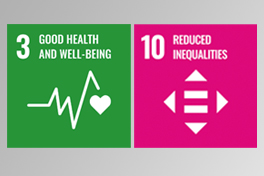
More than 10 million people worldwide live with the condition, with cases expected to increase significantly as the ageing population grows. Earlier diagnosis enables faster treatment, potentially delaying more serious symptoms of Parkinson's, such as tremors and walking difficulties. FacePrint therefore contributes to UN SDG 3 (Good Health and Well-Being) at every stage of life. As the tool is low-cost and can be used remotely by non‑experts, it also addresses UN SDG 10 (Reduced Inequalities).
Media gallery
Press materials
Contact
European Inventor Award and Young Inventors Prize queries:
european-inventor@epo.org Subscribe to the European Inventor Award newsletterMedia-related queries:
Contact our Press team#InventorAward #YoungInventors
